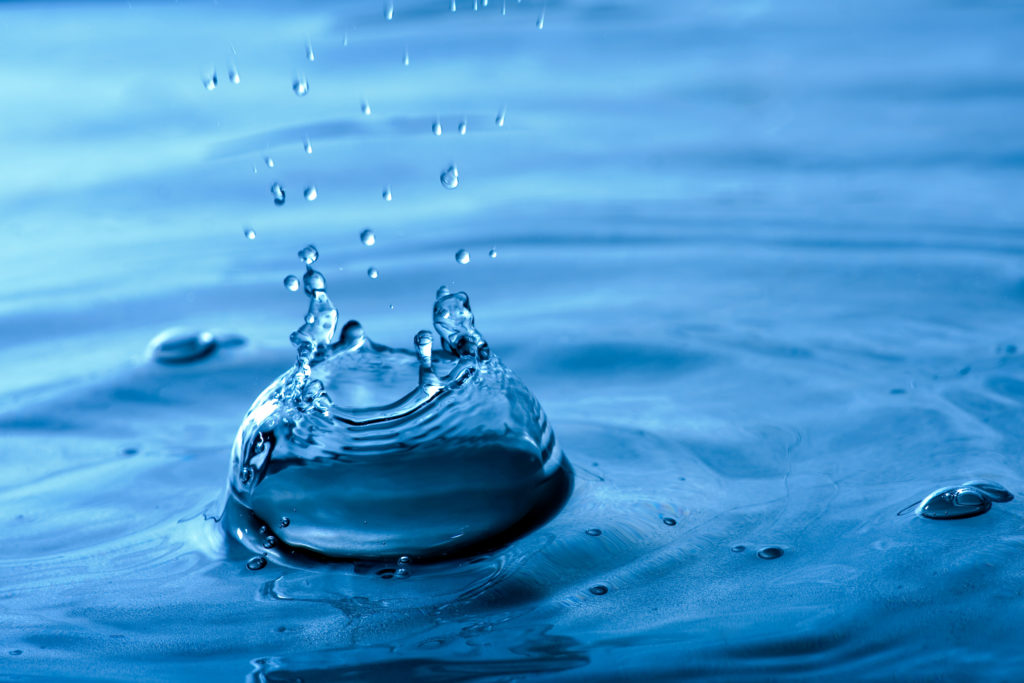
As a plant manager, you know firsthand the overriding benefits of installing custom linings in your tanks. Industrial tank liners prevent corrosion and leakages, and this extends the service life of your tanks. Most likely, you already know the benefits of installing tank liners. But do you know how to choose the right custom linings, given the many options available?
Don’t fret because the following factors will help you select the tank liners that are best suited for your plant’s needs.
1. Consider the Size and Shape of Your Tanks
You don’t want to invest in industrial tank liners without knowing the actual size of your tanks. That is why the top providers of tank liners will first visit your plant to conduct an extensive survey of your tanks before supplying you with custom linings. For tank liners to work effectively, they must cover every inch of the interior parts of the tank. This means that the custom linings must be cut to size so that they are inch-perfect.
Your installer will also consider the expansion and contraction caused by varying temperature changes. Luckily, you can opt for heavy-duty flexible tank liners that will suit your tank under all conditions because they have elongation properties that enable them to withstand contraction and expansion. Even when a small part of the tank’s interior is not covered by the liner, corrosion may happen and spread rapidly to the other parts. When this happens, the rate of corrosion is more aggressive.
2. The Chemical Resistance of the Custom Tank Liners
Acidic and alkaline liquids, and other abrasive agents cause corrosion to your tanks. These eroding effects cause massive wear and tear to your tank, compromising the tank’s structural integrity. Over time, you are forced to replace your tanks or conduct massive repairs that may cost you a fortune. Good thing custom linings prevent corrosion because they are chemical-resistant. Vinyl ester tank liners and epoxy linings are some of the tank liners best-known to have high chemical-resistance.
However, not all tank liners are resistant to all chemicals. You should ensure that your tank liners are resistant to all the different chemicals you may use in your tanks. This is vital, especially if you use a unique mixture of chemicals in your tanks. Installing custom linings that are resistant to the chemicals in your tanks will prevent contamination too. In fact, the United States Environmental Protection Agency (EPA) has a list of 140 chemicals that when you store in bulk, you must submit a risk management plan to the federal regulators. Having chemical resistance tank liners is the first step towards implementing a risk management plan.
3. Consider the Service Life of the Custom Linings and Their Repairability
Just like your custom water tanks, industrial tank liners should serve you for a long-time. Depending on the material used to make your tank liner, the average service life is about two decades. The life span of custom linings is determined by the type of material used to manufacture them, and the type of chemicals or product they will be exposed to.
Given that tank liners are a substantial investment, you don’t want to buy a sub-standard quality that will force you to replace them before long. Also, the quality of your tank liners must be the standards set by the EPA and other federal regulations. You should also consider the reparability of the tank liners. Know how much it would cost you to repair your tank liners if they sustained minor wear and tear that doesn’t require a total replacement. You should also factor in the maintenance costs of the tank liners in terms of time and labor required.
Investing in custom linings is not enough. You must install the proper tank liners that are suitable for your plant application. The above-discussed factors will help you make the right choice when selecting custom tank liners for your tanks.
